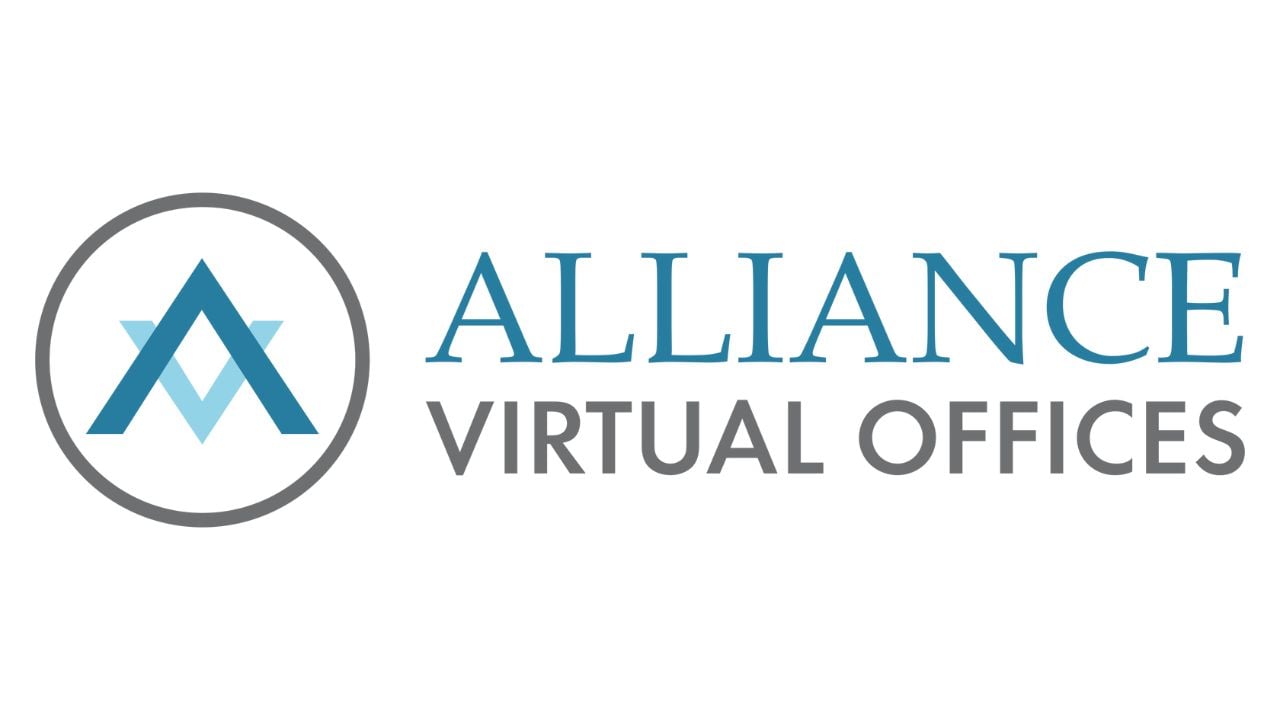- Aggregators who resell your space at different prices encourage cross-channel shopping, leading clients straight to your competitors.
- By standardizing your pricing, you’ll keep more clients connected to your brand and reduce the risk of price erosion.
- Mike Sullivan explores how to ensure price consistency and compliance through a pricing policy, such as a MAP policy.
Listing your coworking center with multiple aggregators can be an effective strategy to attract more clients.
However, even though there are benefits to advertising your center across multiple channels, your pricing should be far less diverse.
In fact, one price is all it takes.
If your space is advertised by aggregators at different prices, it can trigger multiple problems for your center, including cross-channel shopping, price erosion, and brand devaluation.
Here’s why it’s so important to protect your price and how to ensure consistency across multiple channels.
How can you protect your pricing?
Listing your space across multiple selling platforms, such as Alliance Virtual Offices, DaVinci, or Liquid Space provides many advantages.
Some of those aggregators may wish to use limited-time discounts to promote your space, but it’s important to set a standard price in order to control the amount at which your space is sold.
One strategy is to use a MAP (Minimum Advertised Price) policy.
A MAP policy outlines the minimum price at which aggregators can advertise your products. It does not affect the price at which the product can actually be sold, only how it is advertised to the public.
This means that retailers can still offer discounts and promotions — for example, Alliance offers discounts on the setup fee rather than the products themselves. This allows aggregators to still attract buyers and make a profit, while at the same time protecting your interests.
It’s important to note that this is not the same as price fixing.
Setting a MAP policy does not involve colluding with competitors to fix prices, which is illegal.
Instead, you provide a floor price, a ceiling price, or a suggested retail price. If an aggregator doesn’t honor this price range, you have the right to remove your product from their inventory.
Learn more about FTC pricing here.
Why should you promote price consistency?
Here are some important reasons why you should standardize your pricing and ensure compliance:
1. Reduce cross-channel shopping
Standardizing pricing across all channels minimizes the risk of cross channel shopping.
Inconsistent pricing from one channel to the next encourages prospects to shop around. You risk potential clients leaving (and forgetting) your site and discovering your competitors. It’s a surefire way to lose potential clients.
Inconsistent pricing from one channel to the next encourages prospects to shop around. You risk potential clients leaving (and forgetting) your site and discovering your competitors. It’s a surefire way to lose potential clients.
By standardizing your pricing, prospects remain connected to your brand and are far less likely to seek deals elsewhere.
2. Positive experience for clients
When customers experience disjointed channels, they see a disconnected brand.
A client who purchases a virtual office or coworking membership from you, only to see it advertised on an aggregator’s site at a lower price, will have a frustrating buying experience.
Worse, their frustration will be directed at your brand, potentially damaging your relationship and any future renewal or upsell opportunities.
Put yourself in your buyers’ shoes. If you experience inconsistency in price even before you book a tour or buy a plan, what other inconsistencies can you expect further down the line?
Consistent pricing across channels helps create a positive client experience while also setting clear expectations. You are creating a promise from the start, and that promise is consistency.
Consistent pricing across channels helps create a positive client experience while also setting clear expectations. You are creating a promise from the start, and that promise is consistency.
This helps build a positive, trustworthy relationship right from the start.
3. Maintain your brand identity and value
Price wars aren’t healthy for your center, nor for the coworking industry.
Aggregators that drop their prices to attract sales encourage other platforms to lower their prices as well, which can lead to aggressive price wars.
Discounting your product sets a low price expectation for potential clients, and it can also make your brand look cheap, eroding your brand value in the process.
Setting a MAP price helps to prevent price erosion, therefore protecting both your brand identity and your aggregators’ profit margins.
It also means that to differentiate themselves, aggregators will need to focus on some other value-added service, such as customer service.
What if you want to discount the price?
If you’re eager to attract clients through special offers, we recommend one-time pricing promotions rather than price drops.
At Alliance, we’ve found that prospects react favorably to one-time promotions. That’s why we offer monthly reductions on our setup fee, not your products.
The problem with dropping the price of your plan means you’ll need to raise it again, sooner or later.
Rather than justifying a price increase, it’s more effective to offer a one-time pricing promotion such as one month free or a percentage discount on the first month.
Check your prices regularly
It pays to keep a close watch on the prices around your center.
Carry out competitor analysis to ensure your pricing remains relevant. Keep a spreadsheet with your competitors’ website URLs and pricing, across all aggregator sites, and track changes every month at least.
This is excellent data that helps ensure your pricing stays fair, yet competitive.
Plus, it’s a great way to ensure that your prices are accurate across reseller websites. If on these regular reviews you find inconsistent prices instead of the prices you’d agreed with the reseller, you might want to consider implementing a MAP policy.
Key Takeaways About Pricing
- Price consistency: While advertising across multiple channels can be beneficial, maintaining consistent pricing is crucial.
- Minimum Advertised Price (MAP): Implementing a MAP policy can help protect your pricing by setting a minimum advertised price that aggregators must adhere to.
- Price consistency will help to:
- Maintain and protect your brand identity
- Avoid price wars
- Set clear expectations over price and brand promise
- Reduce cross-channel shopping
- Create positive client experiences
- Discount strategies: Instead of dropping prices, one-time promotions can be more effective in attracting clients without devaluing your services.
- Regular price monitoring: Regular reviews can help identify inconsistencies and the need for implementing or adjusting MAP policies.



 Dr. Gleb Tsipursky – The Office Whisperer
Dr. Gleb Tsipursky – The Office Whisperer Nirit Cohen – WorkFutures
Nirit Cohen – WorkFutures Angela Howard – Culture Expert
Angela Howard – Culture Expert Drew Jones – Design & Innovation
Drew Jones – Design & Innovation Jonathan Price – CRE & Flex Expert
Jonathan Price – CRE & Flex Expert











